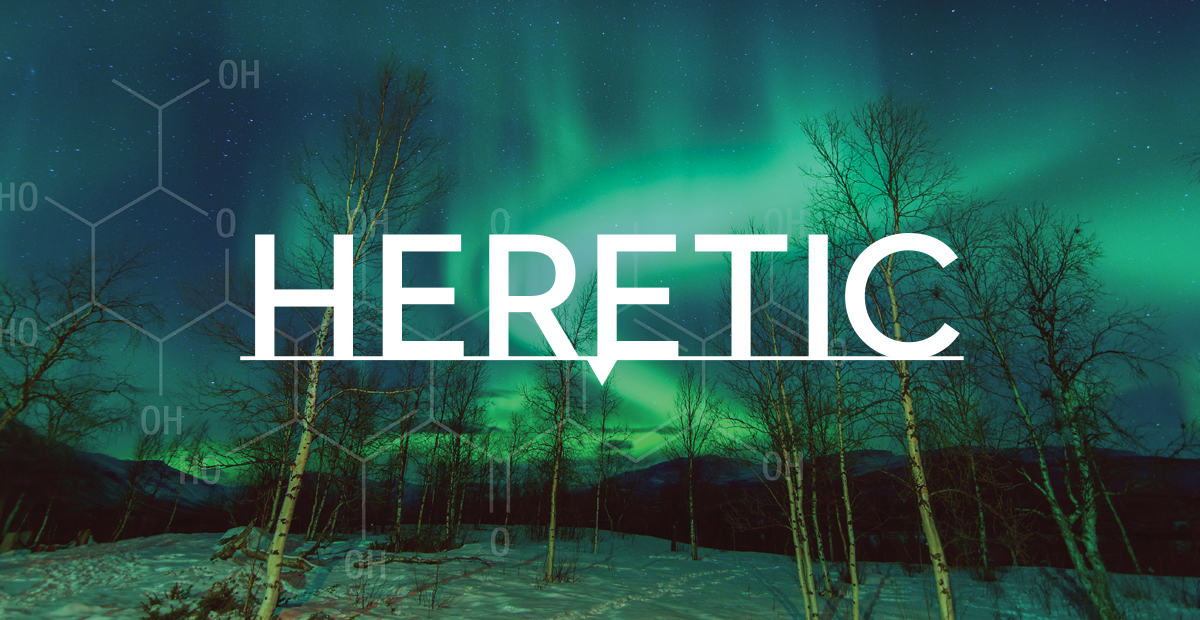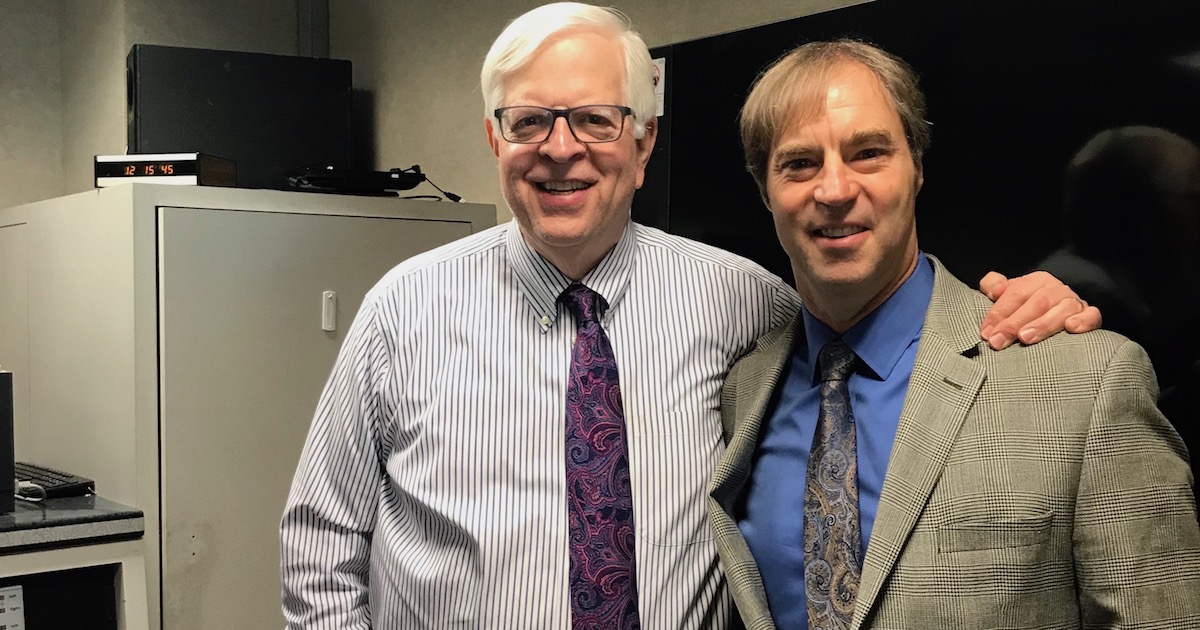
Guillermo Gonzalez on What’s Changed in the 15 Years Since The Privileged Planet
On this episode of ID the Future, host Jay Richards and astronomer Guillermo Gonzalez, authors of The Privileged Planet: How Our Place in the Cosmos Is Designed for Discovery, discuss what’s changed in the 15 years since the book first appeared. One big change, the number of exo-planets discovered has exploded from 200 or so to several thousand. Gonzalez walks through this and other exciting recent advances in astronomy, and the two discuss how these new discoveries bear on the predictions and arguments they advanced in their book. Please consider donating to support the IDTF Podcast.





